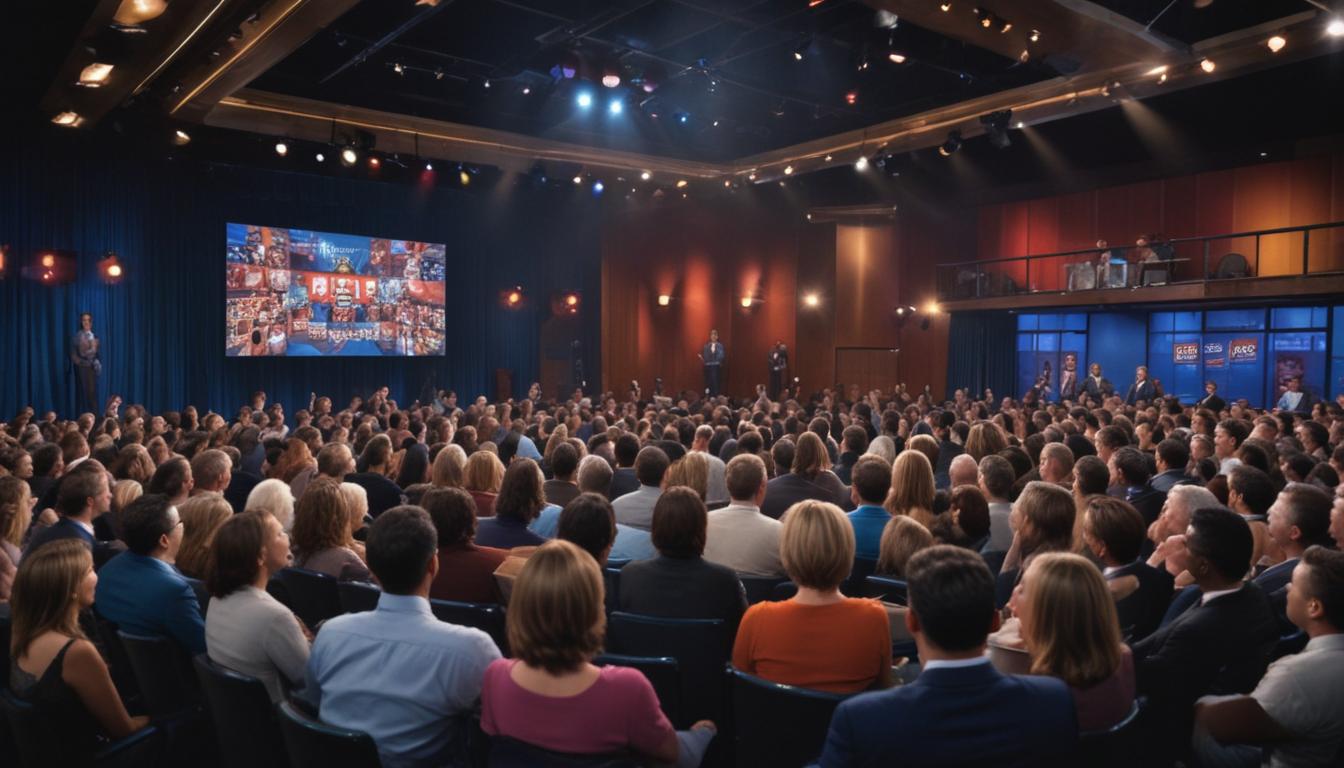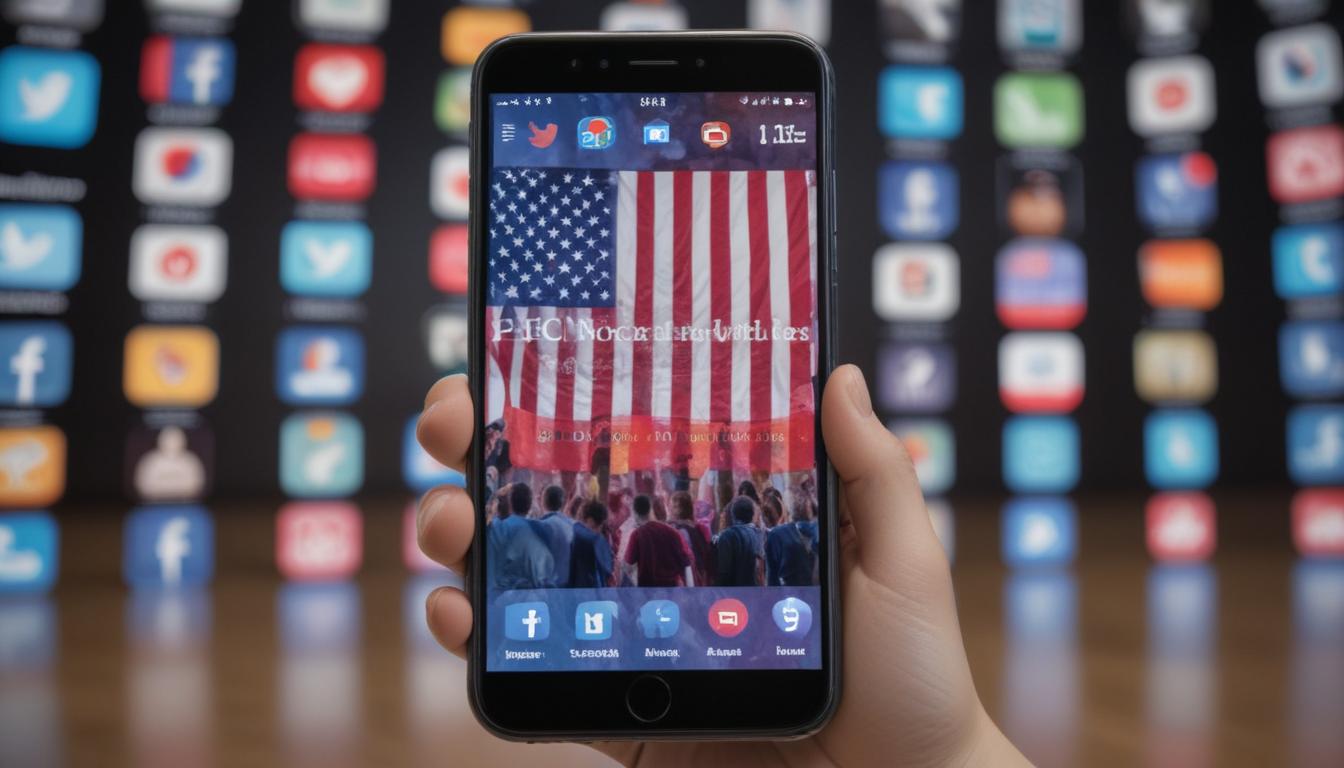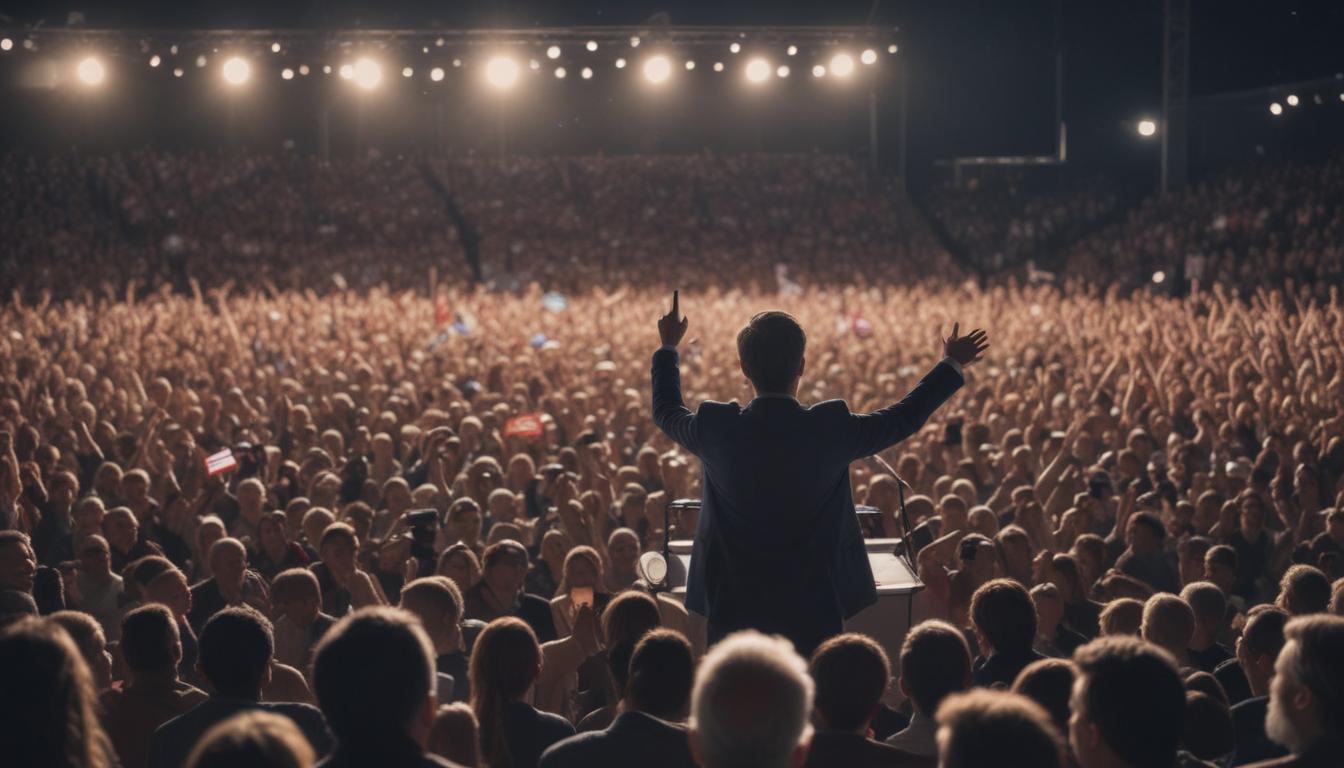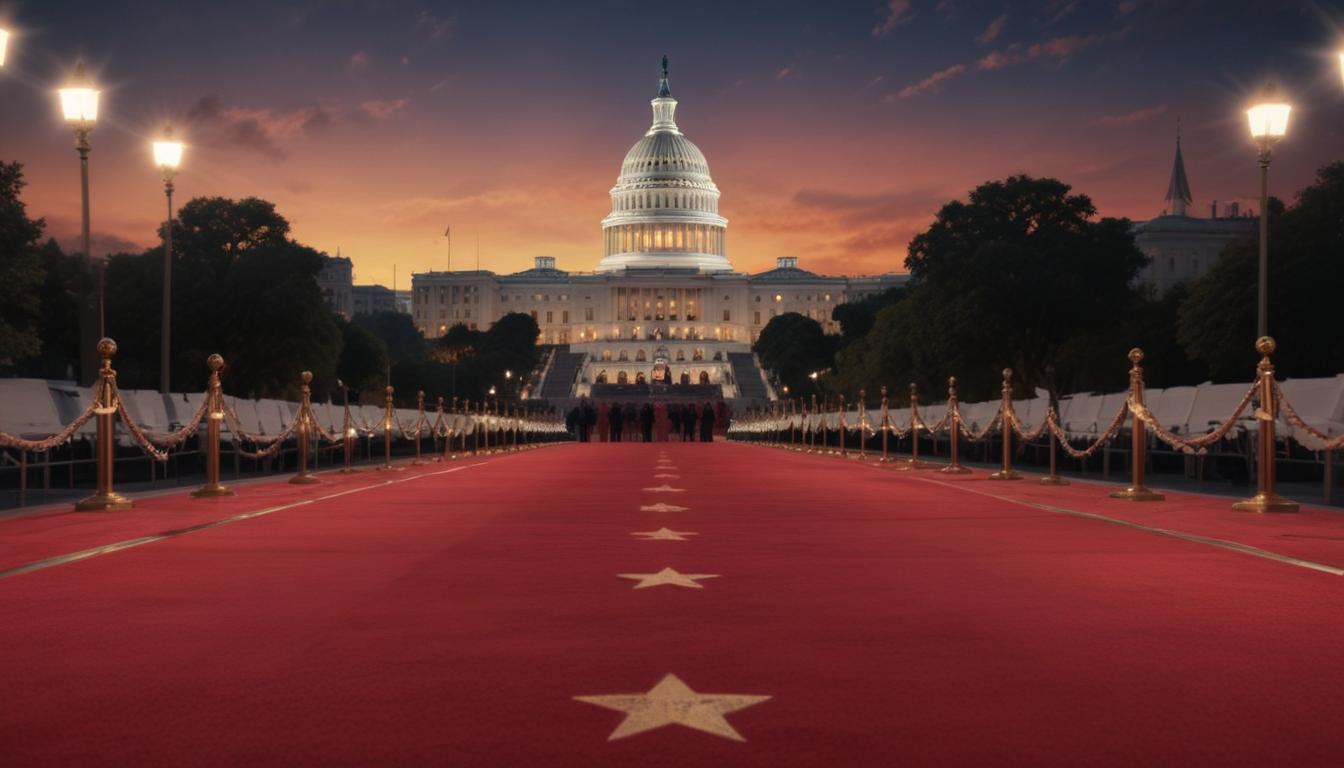The Art of Political Satire in American Entertainment: Shaping Democracy Through Humor
Political Satire: Reflecting American Society
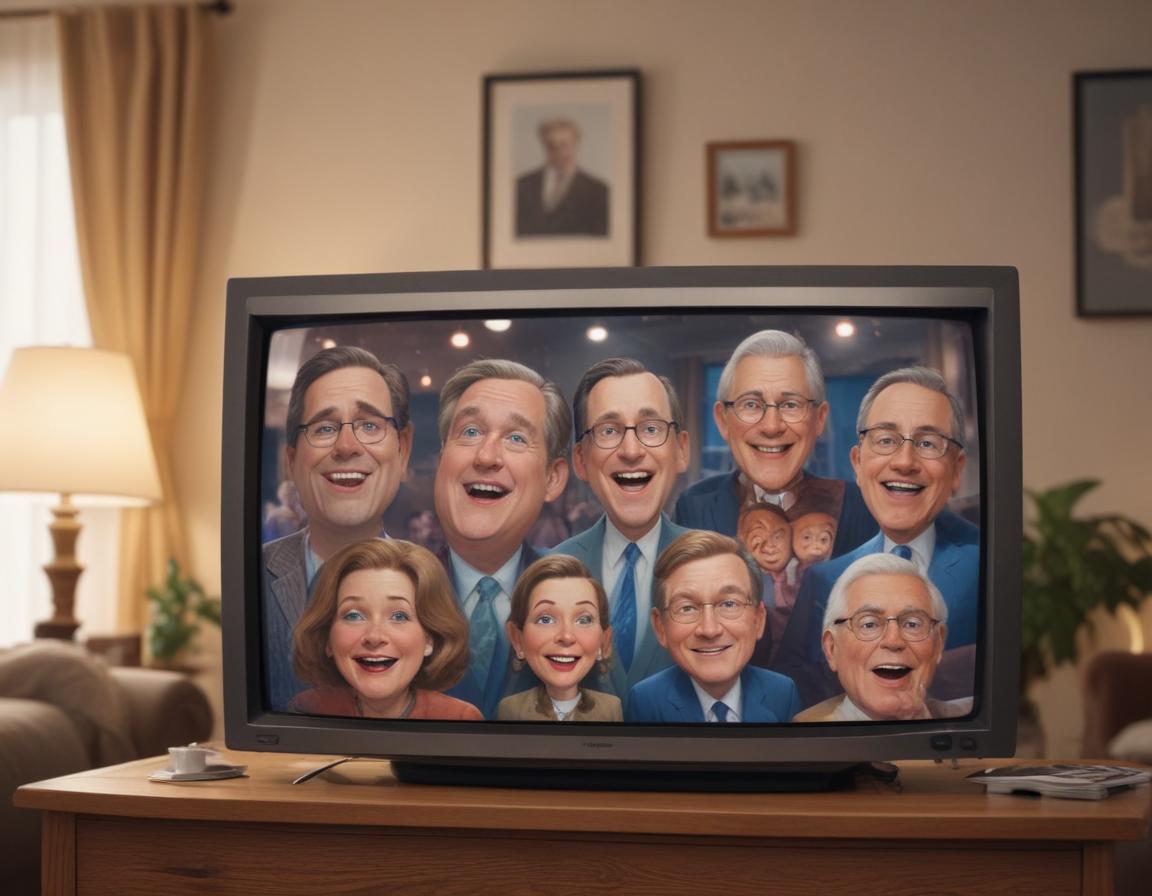
Political satire has solidified its place as a cornerstone of American entertainment, acting as both a barometer and mirror of cultural attitudes and political realities. Programs such as The Daily Show, Saturday Night Live, and late-night talk shows creatively dissect the complexities of American political life. Their blend of humor and sharp commentary brings politics into the living rooms of millions who may otherwise find the subject daunting or disheartening.
These shows utilize satire on multiple levels:
- Comedy: Drawing laughs by pointing out political absurdities
- Critique: Spotlighting problematic norms and decisions
- Education: Providing insights into political processes and issues
By amplifying the quirks of political events and figures, these programs position their viewers as informed participants in a democratic society. It’s this combination of hilarity with depth that underscores the vital role satire plays in bridging entertainment with intellectual engagement.
Transforming Political Engagement in Younger Generations

One of the most intriguing observations from “The Art of Political Satire in American Entertainment” is the significant influence satire has on younger generations, particularly millennials and Gen Z. In an era of skepticism towards traditional media outlets, this demographic increasingly turns to comedic analyses as a primary source of political information.
Hosts like John Oliver and Samantha Bee have mastered the art of presenting critical political issues in a witty, digestible format. These shows serve as the perfect combination for a generation raised on bite-sized content yet hungry for meaningful narratives. Through humor, complex issues like healthcare reform, voting rights, or international relations become more approachable and relatable.
What makes satire a game-changer is its ability to:
- Encourage political literacy in a non-intimidating way
- Shape public perception and encourage civic participation
- Foster understanding of nuanced political topics
In this regard, satire transforms from a source of entertainment into a powerful medium for civic engagement, proving its further relevance in today’s digital age.
Challenges Amidst a Polarized Climate
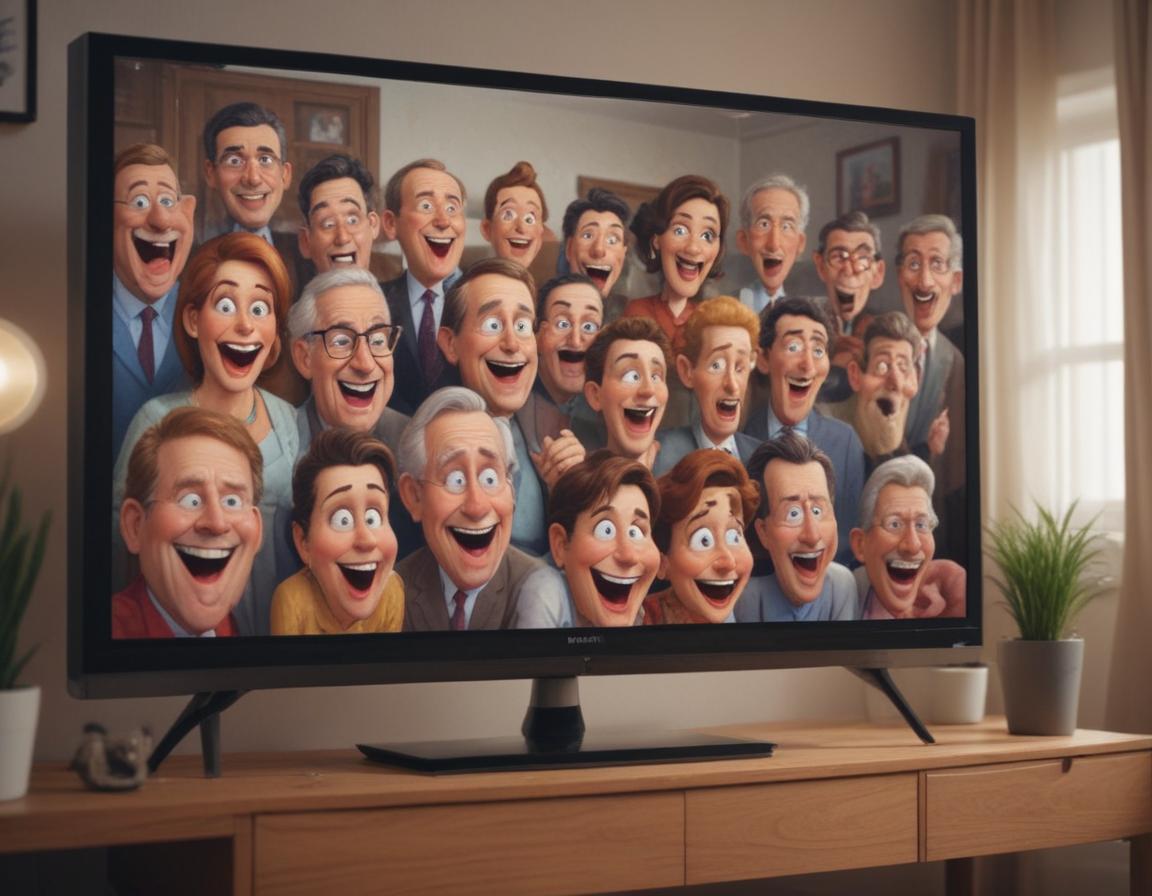
Satire may be an essential pillar of American entertainment, but it operates in a precarious landscape—especially in today’s polarized political climate. As much as humor can bridge divides, it can also inadvertently reinforce pre-existing biases or mislead audiences when taken out of context.
One key challenge lies in the risk of satire being misunderstood. When viewers fail to differentiate exaggeration from reality, the result can be confusion or even cynicism. Furthermore, satire often invites controversy, particularly when it critiques specific ideologies, leaders, or policies. The ability of humor to escalate into heated public debates over bias or disrespect underscores its polarizing power.
Despite these issues, satire remains resilient. By striving to balance honest critique with ethical responsibility, creators ensure their work continues to provoke thought while avoiding the pitfalls of misinformation. It’s this tightrope walk that keeps satire relevant, albeit contentious, in modern discourse.
Crafting Humor for Democratic Accountability

At its core, political satire is about creating humor with purpose. Comedy writers and satirists pull inspiration from the headlines, leveraging public gaffes and political controversies to craft intelligent, thought-provoking content.
Their work goes beyond cracking jokes—it holds leaders accountable by calling out missteps and failures in governance. Key elements of their process include:
- Highlighting ethical undertones beneath the humor
- Amplifying the importance of freedom of expression
- Encouraging audiences to critically assess authority
Satire thus contributes to democratic accountability by empowering citizens to question the status quo. In delivering humor intertwined with societal truths, it provides a space for meaningful reflection on our political system.
The Ongoing Evolution of Political Satire
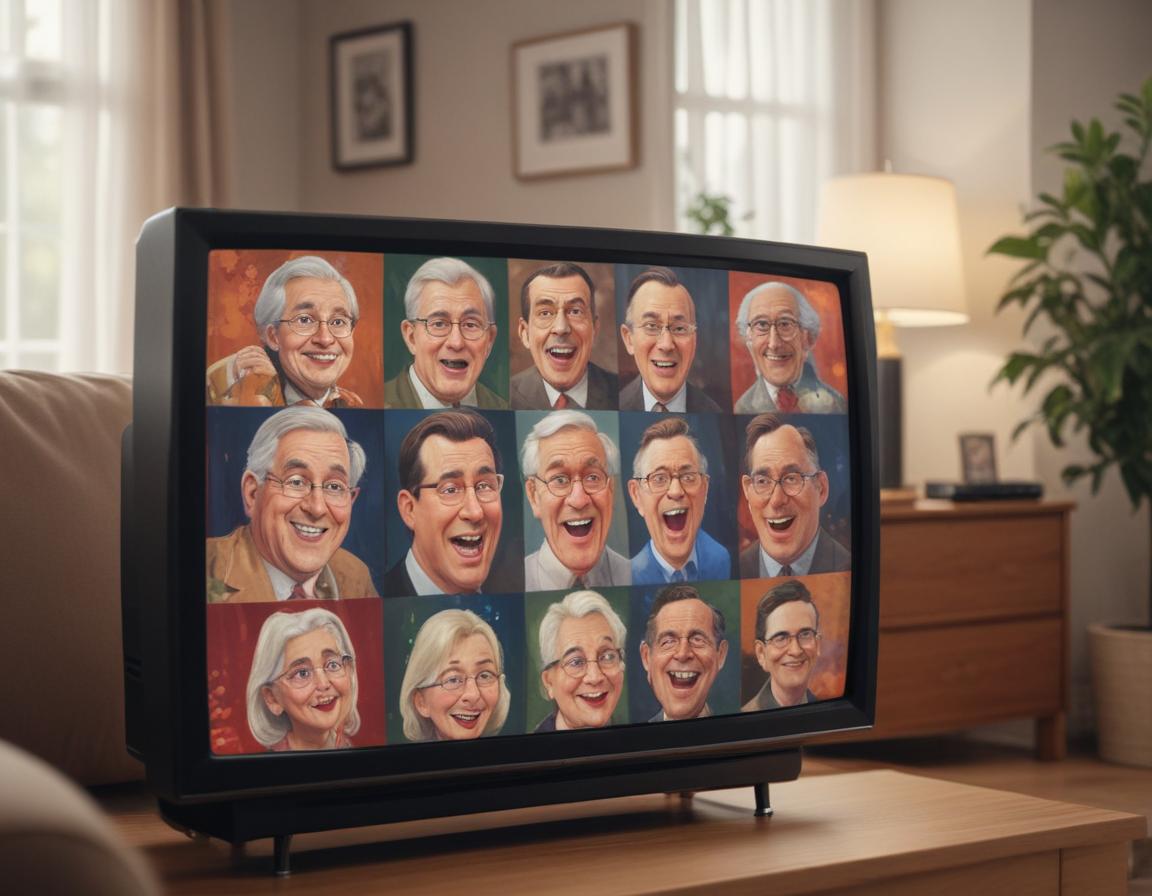
As media evolves, so does the nature of political satire. With advancements in technology and the rise of platforms like YouTube, TikTok, and Twitter, modern satire has extended its reach beyond traditional networks. Creators now engage with audiences through short-form videos, live streams, and parodies, making the content more accessible than ever before.
Moreover, satire has embraced a more diverse viewpoint, resonating with various cultural, age, and political backgrounds. This evolution ensures its timeless relevance, regardless of shifting social trends. However, the rapid pace of digital media raises an important question: Can satire maintain its critical depth amidst the pull of click-driven virality?
Only time will answer this question, but for now, satire’s adaptability showcases its powerful role in keeping people informed, entertained, and engaged in civic life.
“`

